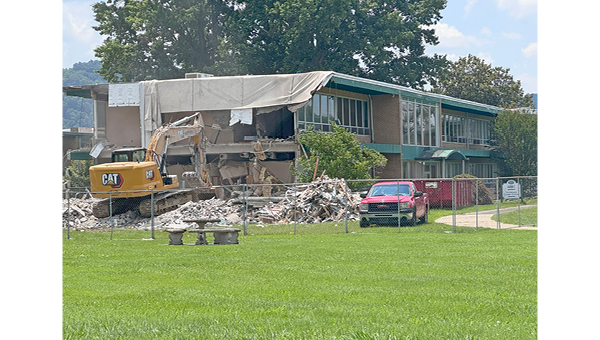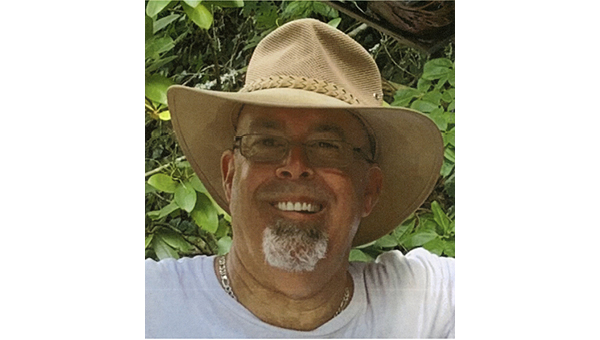Election challenges: Voter turnout and the dislike for attack ads
Published 10:30 am Wednesday, August 8, 2018
Carter County and Elizabethton voters let it be known last week when they went to vote, they are turned off by election campaigns that get ugly. The politics of attacks is very real.
Many voted for Republican gubernatorial candidate Bill Lee because of his positive campaign and his refusal to get dragged into the attack war between Diane Black and Randy Boyd. Both campaigns were appalling.
We applaud both Lee and his Democratic opponent in the November election, Democrat Karl Dean, for taking the high road in the primary election as did former governor Phil Bredesen, Democrat, who is seeking to become Tennessee’s next U.S. Senator.
Locally, the campaign for sheriff waged by candidate Steve Stevenson turned off many voters, who did not like the attack ads.
It’s sad that most campaign rallies in this country — from the local to the national level — have become spectacles of anger and insult.
In last week’s elections, the negative campaigning backfired. It lost elections, not won them.
By many accounts, the use of negative campaigning in American elections has increased with each and every campaign cycle. Polls show that Americans dislike campaign negativity, and very possibly could affect voter turnout.
Whether or not the negative advertising affected voter turnout in last week’s election, the turnout was not something to brag about. Voter turnout was low locally, with no candidate getting more than 10,000 votes.
Overall, America’s voter turnout is far below that of most democracies. Even in presidential elections, when turnout is highest, the electorate does not reflect America. Youth voter turnout is at an all-time low.
In primaries and local elections, turnout can dip into single digits. This has proved catastrophic for both major parties in our political system, often favoring extreme candidates and ensuring that most incumbents have no real contest.
Raising turnout presents a challenge. How does our political system raise voter turnout for the long term and create interest in this privilege, we take so much for granted?
Voting is easier in the U.S. for almost every voter than at any time in American history. Despite that, turnout in every kind of election except presidential elections is declining. And in presidential elections, turnout is stagnating.
Tennessee has tried to make voting easier by having early voting across the state, and even on Saturday in most locales.
Perhaps one way for campaigns to get their voters to the polls is to recruit a good candidate who can inspire voters and run a competitive race. We hear so much: “I did not vote for Donald Trump. I voted against Hillary Clinton.” Is this really a reason to vote?
Perhaps another reason turnout is dismal is that the United States is one of very few democracies that places the burden of registration on the voter. Does it seem normal to have to register to vote? It isn’t. In nearly every other advanced democracy, citizens are automatically registered.
And nearly every other democracy holds elections on weekends, or makes Election Day a holiday. (In some countries, people dress up to go vote!) Voting on a workday isn’t usually a burden for old people, or people powerful enough to set their own hours. For wage workers, however, it’s daunting.
It’s something for both parties to think about. How do we recruit effective candidates, who stand for something and who want to bring something to the table to make for a better community, state and nation? And, then how do we get people excited about government and their right to participate?
We start by electing honest men and women to office, not politicians.
Career politicians often become a hindrance to government, rather than a force for good and the men and women who elected them.
We have a lot to think about and to work toward before the November election.





